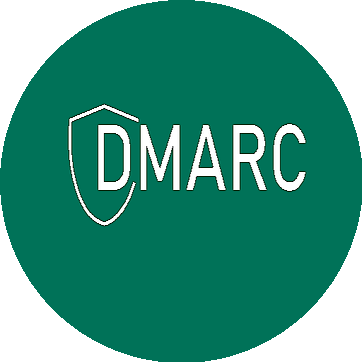The Importance of a DMARC Record for Email Security
In today’s digital landscape, email security is more critical than ever. Cybercriminals frequently exploit email vulnerabilities to commit phishing attacks, spoofing, and domain impersonation. Implementing a DMARC (Domain-based Message Authentication, Reporting, and Conformance) record is one of the most effective ways to protect your domain and email communications.
What is a DMARC Record?
A DMARC record is a DNS entry that helps prevent unauthorized use of your domain for email sending. It works alongside SPF (Sender Policy Framework) and DKIM (DomainKeys Identified Mail) to ensure that only legitimate emails are delivered while fraudulent ones are blocked or flagged.
Why is DMARC Important?
1. Prevents Email Spoofing – DMARC helps prevent cybercriminals from using your domain to send fake emails, reducing phishing attacks on your customers and employees.
2. Enhances Brand Trust – When recipients know your emails are authenticated, they are more likely to trust and engage with them.
3. Improves Email Deliverability – DMARC policies improve the reputation of your domain, reducing the chances of legitimate emails being marked as spam.
4. Provides Insightful Reporting – DMARC generates reports that help you monitor email authentication activity, detect unauthorized senders, and optimize your email security settings.
5. Supports BIMI Implementation – A DMARC record with an enforced policy (quarantine or reject) is required for Brand Indicators for Message Identification (BIMI), allowing your brand’s logo to appear in email inboxes.
Final Thoughts
A DMARC record is essential for safeguarding your domain from email-based threats. Implementing and monitoring DMARC enhances security, improves deliverability, and builds trust with recipients. If you haven’t set up a DMARC record yet, now is the time to take action to protect your domain and your brand’s reputation.


